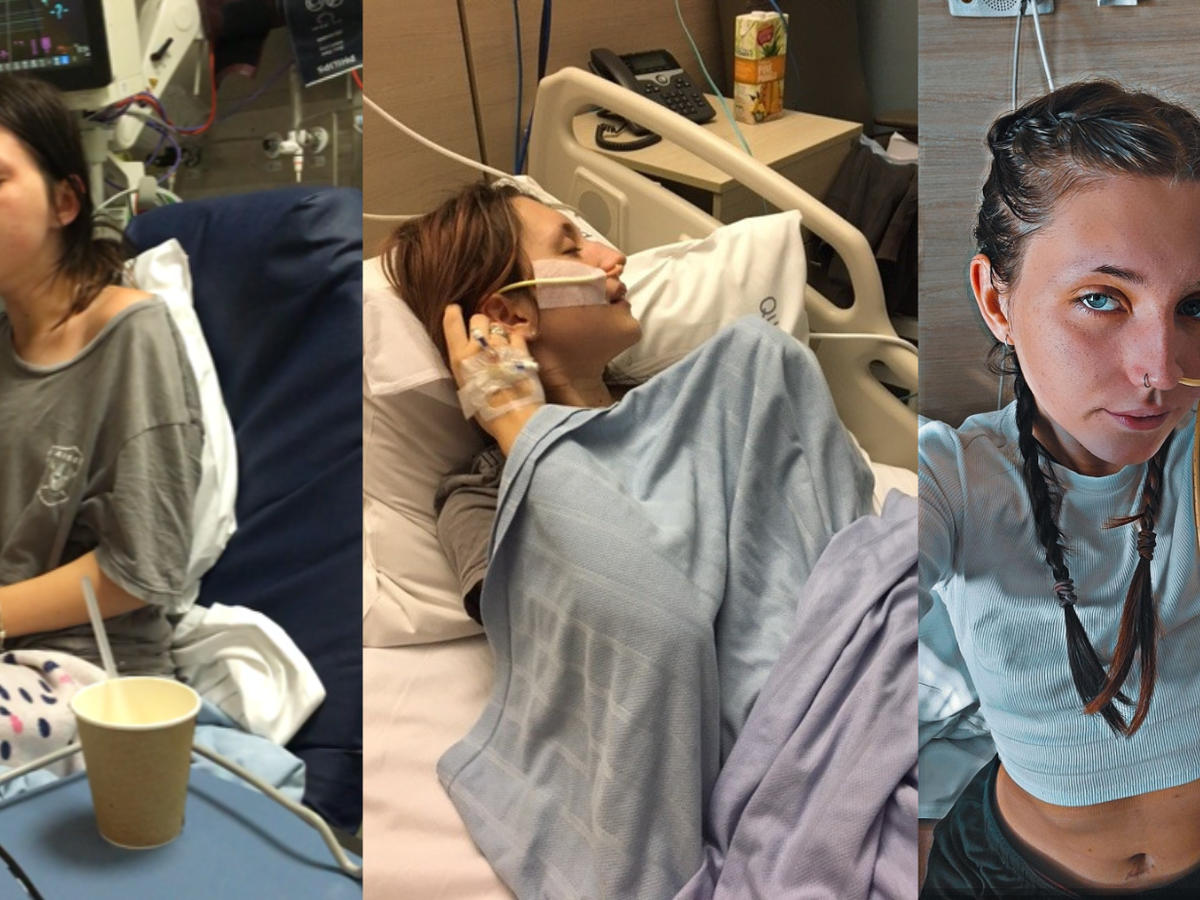UPDATE 16 March 2025. Despite treatment Lily continues to battle this disorder. She has had multiple hospital admissions, and it has been difficult to navigate pathways in the private and public system.
However, WE STILL HAVE HOPE! Tomorrow Lily begins a 6 week specialist hospital program to support her to overcome her eating challenges.
In August 2023, Lily was discharged from Sunshine Coast University Hospital after an intense 8-day medical nasal gastric tube refeeding, following involuntarily starvation due to a little-known eating disorder known as ARFID (Avoidant Restrictive Food Intake Disorder). She is now faced with the task of learning to eat safely which requires specialised knowledge and treatment.
But, unfortunately, the Medicare-funded and subsidised eating disorder programs relate to body image only (ARFID has zero to do with body image), which means the only way we can fund her ongoing specialised treatment is privately.
So, what is ARFID?
ARFID stands for Avoidant Restrictive Food Intake Disorder and is characterised by very limited food choices and food aversions presenting as one or more of the following:
1. Sensory issues such as taste, smell and texture
2. Fear of choking, vomiting or other consequences of eating food
3. No motivation to eat due to poor appetite or disinterest in food
How has this shown up for Lily?
Lily has all 3 of the above presentations making it a complicated disorder to treat requiring weekly sessions with a specialised eating disorder psychologist.
1. Sensory - Lily has had issues with food her entire life, limiting foods based on smell, taste and texture. Typically preferred foods are white/beige and highly processed, common in ARFID kids.
2. Fear of vomiting - Lily has suffered from a chronic nausea and vomiting condition which began on Feb 16, 2021. She lives with 24/7 nausea and vomits several times a week. Completely involuntary and very debilitating. She also suffered from recurring abdominal pain and had surgery for endometriosis in June of this year. Extreme abdominal discomfort has unfortunately exacerbated her condition.
3. Low appetite and disinterest in food. For Lily, food is a chore, there is no joy in food, even as a social activity. She has little desire to eat, and on the occasions she feels hungry, the window of desire is very small and particular. Coupled with the above ARFID types, it's a very difficult thing to navigate.
Where are we now? There are treatments available, but they are specialised. We need to act quickly to reduce her regression following nasal tube refeeding. We are anticipating at least a 6-month process with her specialised therapist.
Thank you for reading.
Any contribution will be gratefully received, and all prayers and healing vibes are also welcome!

